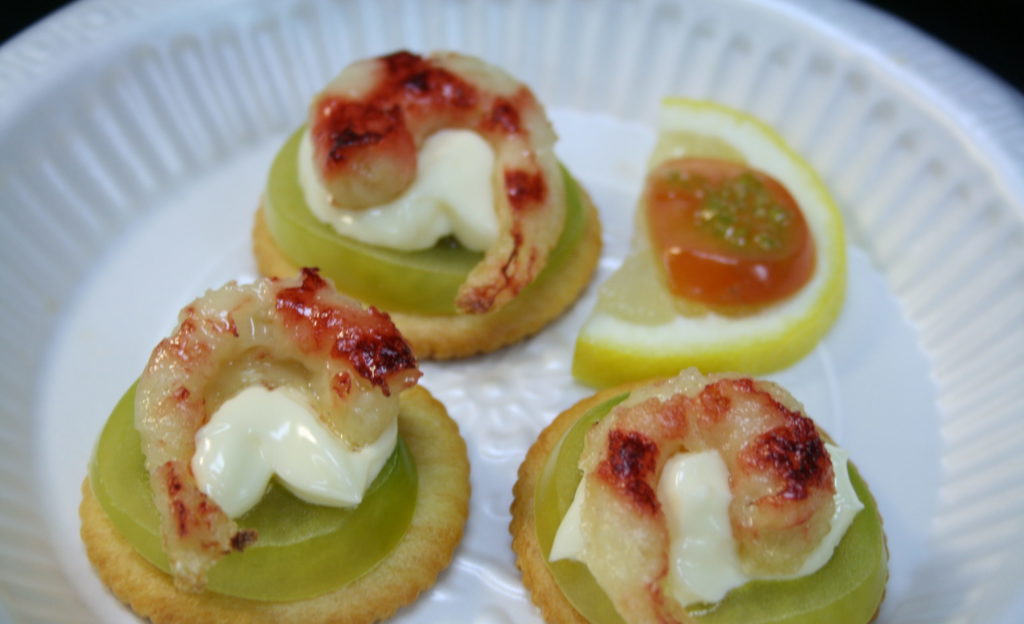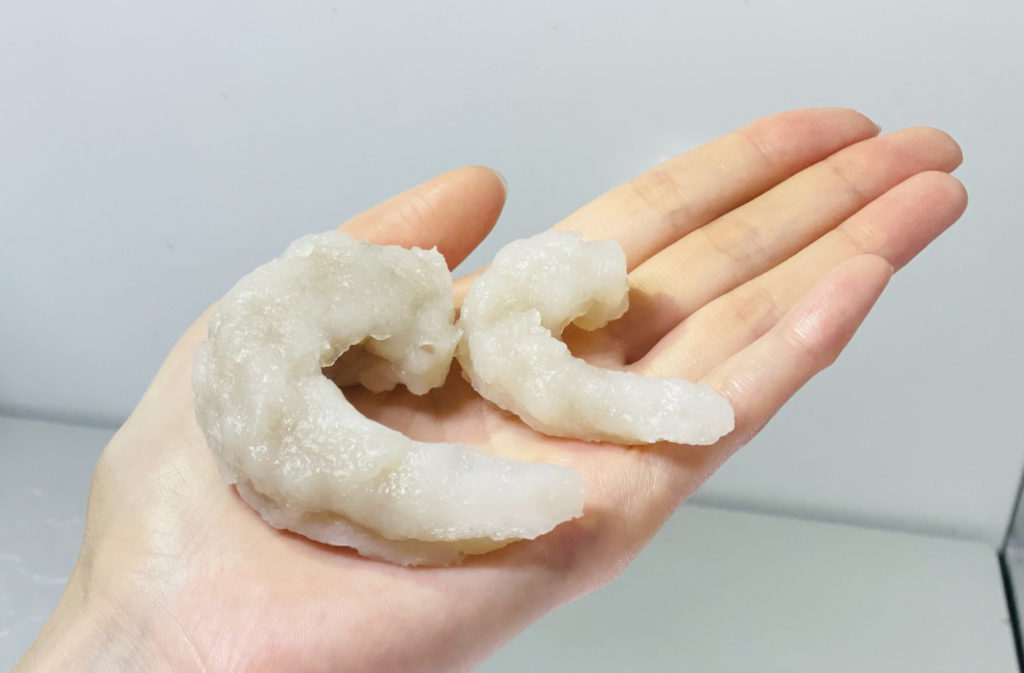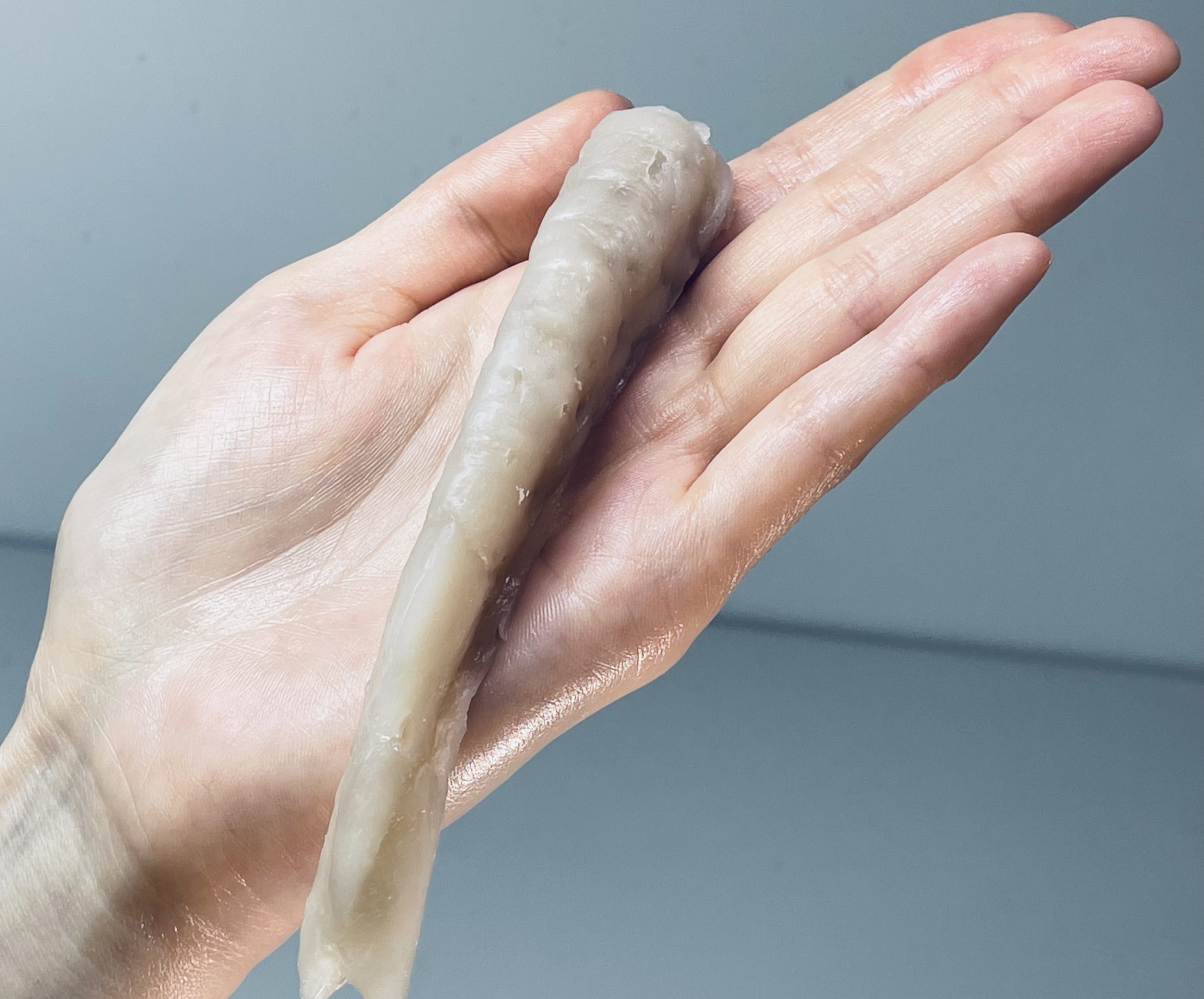3 Mins Read
CellMEAT has announced a world first: the successful development of a cultivated Dokdo shrimp. The finished product has been replicated in a number of different sizes and shapes. The company cites this as making them suitable for a wide range of cooking applications.
The shrimp have been created using CellMEAT’s recently revealed serum-free culture medium. Proprietary tissue engineering was utilised to recreate realistic physical textures. This was alongside scaffolding technology that presents a recognisable form at the end of the cultivation process. Successful CellMEAT shrimp production has allowed movement to begin with other cultivated seafood prototyping. Expensive varieties that cannot be farmed are being given priority, including lobster and king crab.

A stride forward
The successful prototyping of Dokdo shrimp represents another step closer to commercialisation. The cultivated seafood sector is currently witnessing significant growth. The CellMEAT shrimp uses only edible and natural sources and needs no supplementary additives to taste and smell like the real thing. Work will now continue to make scaled production simpler and more cost-effective. At present, a team of five researchers is able to manufacture five kilos per day.
After tasting the prototype, Jimmy Sohn, CEO of TechnoPlus stated that the texture and taste “far exceeded” his expectations. He went on to say that with government support and broad promotion, such ingredients could be launched globally within just two years. TechnoPlus is the only Korean alt-protein value chain consultancy.
Despite Sohn’s positive feedback, CellMEAT acknowledged there are hurdles to overcome ahead of commercialisation. Notably, the Korean government has not yet signed off on a definition of cultivated meat. This means that no regulations can be implemented, nor production standards. The government is on board with technology-driven food systems. CellMEAT was selected to participate in a research team for the ‘High value-added food technology development project for future food technology development’. The initiative was hosted by the Ministry of Agriculture, Food and Rural Affairs in support of the domestic cultivated meat sector.

Building on momentum
Aside from CellMEAT with its Dokdo shrimp, Singapore’s Shiok Meats is making progress in the pursuit of cultivated seafood. Having secured $30 million in investment to date, the company has now opened its first mini-plant. The location is designed for continued R&D, as well as planning for scaling and commercial manufacture.
In Hong Kong, Avant Meats entered into a strategic partnership with Vietnam’s premier fish producer Vinh Hoan Corporation. The move will allow for leveraged use of a large seafood sales network and scaled manufacturing facilities. Since the partnership was announced, Avant has been actively slashing its production costs and constructing a pilot factory in Singapore. The location was chosen due to existing regulatory frameworks that will enable faster market entry.
Singapore is the first and only country to approve cultivated meat products for sale. Currently, Eat Just is the only company to receive approval, first for cultivated chicken bites and most recently, an extended portfolio of chicken items.
The U.S. is pressing ahead with regulatory approval, but not at the same rate as Singapore. So far, no definitive approvals have been given, which has been frustrating for companies such as Upside Foods. 2021 year-end has been earmarked by Upside as a deadline for beginning commercial production of its cultivated meat goods but no word has been released to date.
All Images courtesy of CellMEAT.




